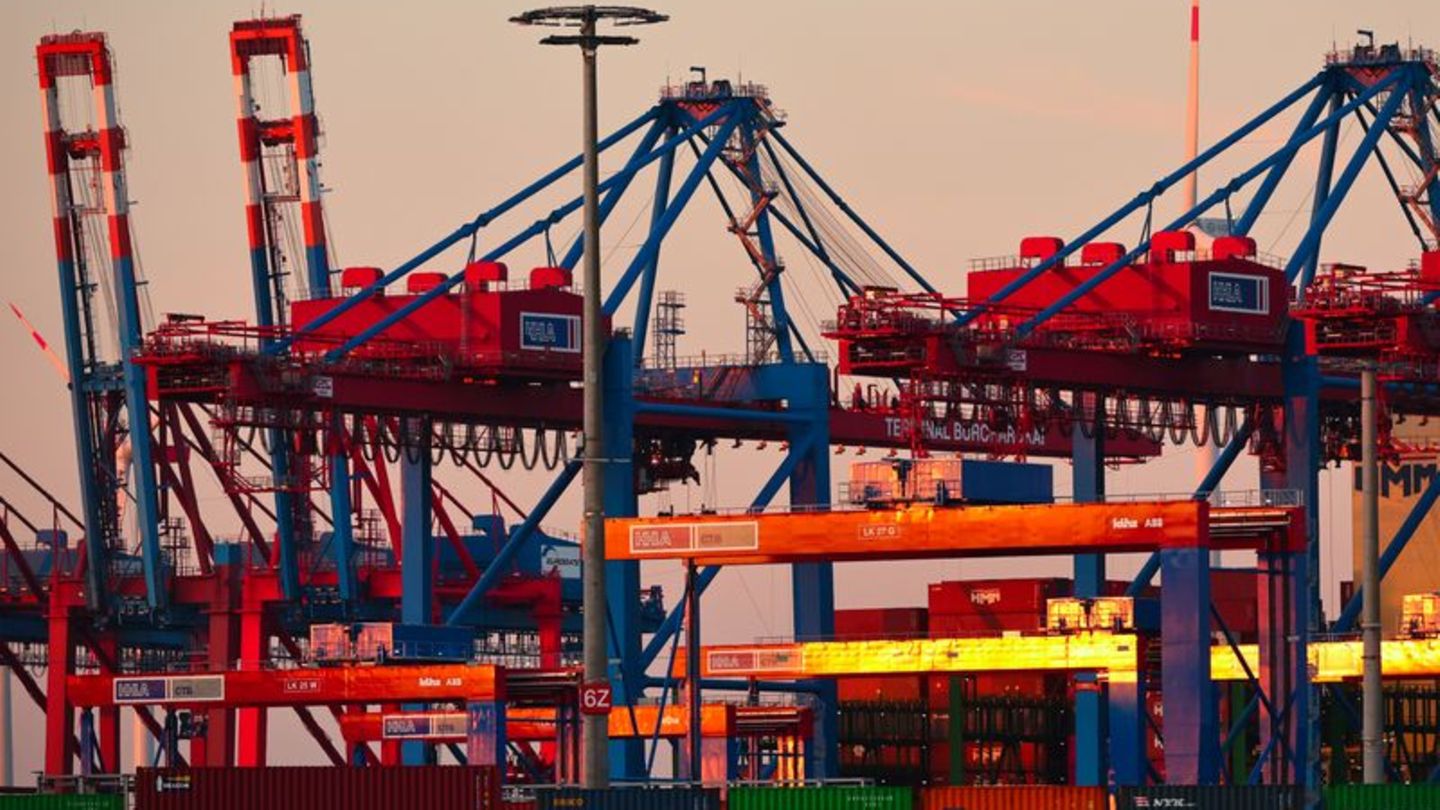Kamala Harris or Donald Trump? At the beginning of November in the USA it will be a matter of which of the two will move into the White House. According to experts, an election outcome would be more beneficial for the German economy.
According to many experts, a victory for Kamala Harris in the US presidential election in November would be better for the German economy. A majority of people aged 60 and over expect moderate economic growth in this country. However, expectations of a renewed presidency by Donald Trump are less optimistic. This is shown by a current analysis for which the Center for European Economic Research (ZEW) in Mannheim evaluated the assessments of 189 financial market experts.
An example: Under a US President Harris, 45 percent of analysts expect stronger growth in Germany’s gross domestic product (GDP) – i.e. the total value of all goods produced and services provided in this country – in 2025. In contrast, only seven percent of those surveyed expect that a Trump presidency would be better for German GDP. The rest expected no difference.
This part of the study included the answers from 101 experts who made a forecast for all years of the term of office from 2025 to 2028. The presidential election in the USA will take place on November 5th. According to polls, there is likely to be a neck-and-neck race between Harris and the 78-year-old Trump.
GDP growth increases over tenure
The experts assume that German economic growth will increase slightly over the four-year term. Regardless of whether Trump or Harris wins the election. However, the effect is somewhat stronger for the Democrat. The average forecast for 2025 therefore differs by 0.14 percentage points depending on the election outcome. The difference will grow to 0.26 percentage points by 2028.
The researchers said that the differences in forecasts between the candidates were economically relevant. The reason for this is simple: The experts do not expect a strong economic recovery in Germany in the medium term: on average, the expected GDP growth is not higher than 1.7 percent in any of the four years.
US protectionism could hamper growth
There are many reasons for this expectation: According to ZEW economists Alexander Glas and Lora Pavlova, financial experts see, for example, greater opportunities for price stability and more stable international financial markets if Harris wins the election. In contrast, the Republican Trump is perceived to have a stronger focus on protectionist measures such as tariffs. This could affect Germany’s growth potential. The Federal Republic is one of the USA’s most important trading partners.
For this reason, the experts also suggest measures to protect the German economy from possible negative consequences of the election results. These include increased trade relations with other countries, increased military spending and measures that stimulate domestic investment.
Tariffs would be bad news for German industry
A few weeks ago, economists from the Ifo Institute and Econpol Europe warned that a Trump election victory could have significant consequences for the already beleaguered German industry. If he implements his election promise of higher import tariffs after returning to the White House, German exports to the USA could fall by almost 15 percent. Trump has announced a 60 percent tariff on US imports from China and 20 percent on imports from the rest of the world. That would make German products much more expensive in the USA. The automotive and pharmaceutical industries would be particularly hard hit.
Source: Stern




